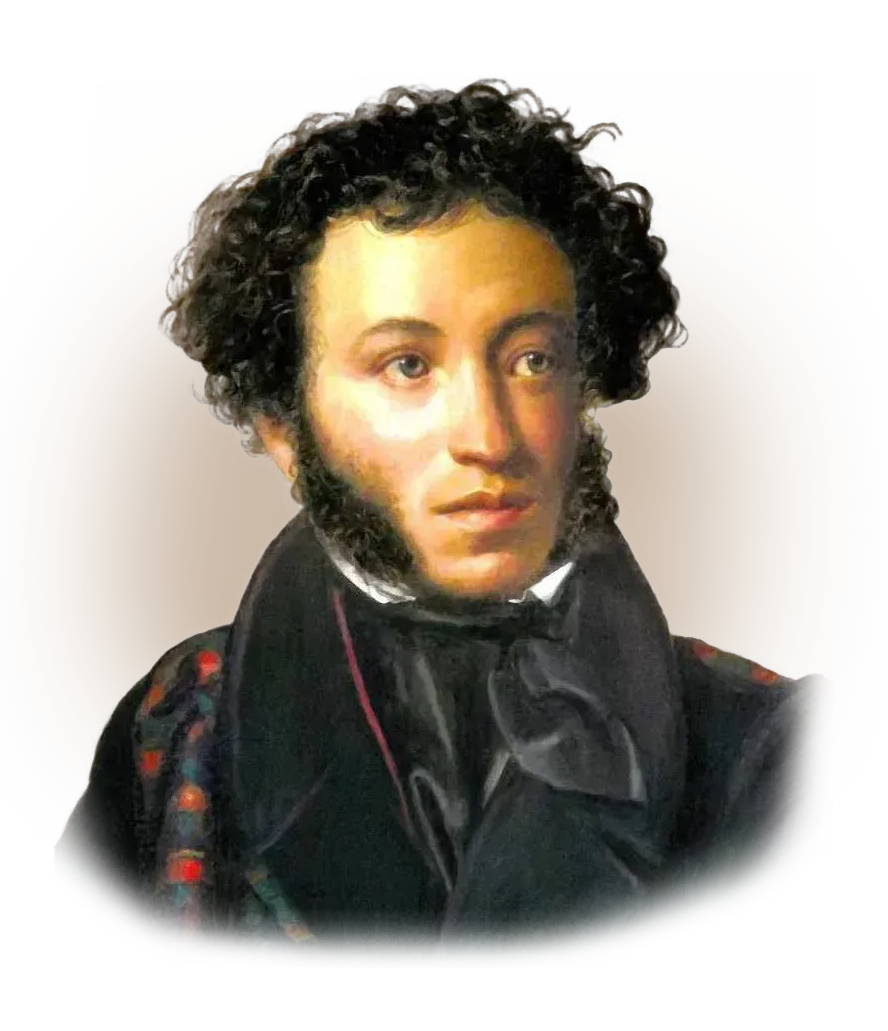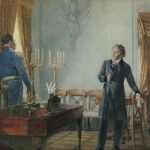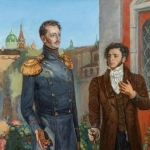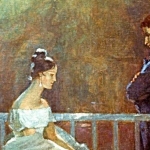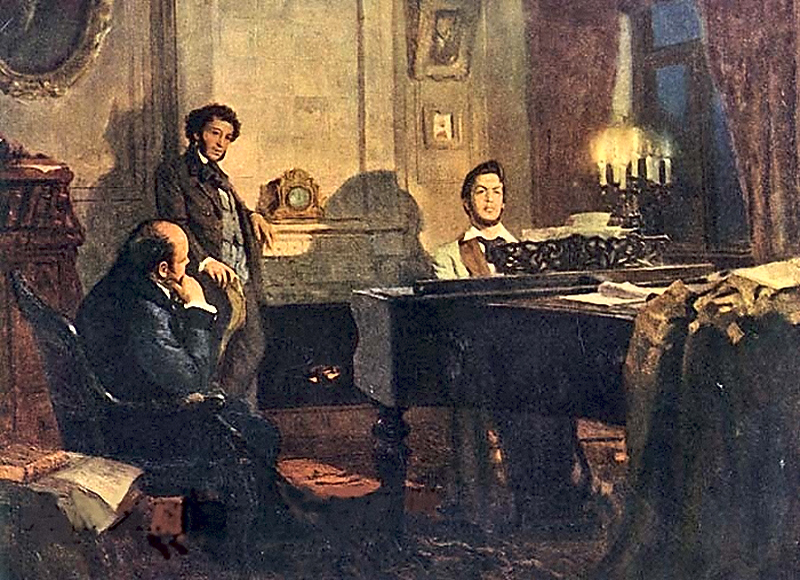
06.01.2023
The works of A. S. Pushkin attracted composers who saw in the work of the classic a springboard for interpretation and an excellent literary source.Of course, first of all, poems were transferred to the language of music. So there were romances on Pushkin’s poems, which made up the golden fund of musical classics.
But the poems, novellas and tragedies of the writer also served as the basis for many musical works. Operas based on Pushkin’s stories have become especially popular. We will talk about the most famous musical dramas, in which the spirit of Pushkin is most vividly conveyed.
P. I. Tchaikovsky “Eugene Onegin”
Perhaps the most famous opera based on Pushkin’s plot is the opera “Eugene Onegin”. P. I. Tchaikovsky was primarily interested in the lyrical component of the work. It is no coincidence that the genre of the opera is defined as “lyrical scenes”. But Pushkin’s digressions about the epoch and people had to be sacrificed, because they would overload the musical composition, making it epic. But the images of Eugene Onegin, Lensky, Tatiana and Olga turned out to be alive and as full as the classics.
P. I. Tchaikovsky “The Queen of Spades”
The story of the three cards could not fail to interest P. I. Tchaikovsky, since the adventurous beginning of the story was ideally suited for the libretto of the opera. The composer removed Pushkin’s second letter “n” from the hero’s surname, thus making the surname a name. If for Herman Tchaikovsky, three cards are the way to a happy life with Lisa, then for Pushkin’s Hermann, Lisa’s love is the way to wealth, the way to the cherished three cards. As we can see, the motivation of the literary and musical hero are different.
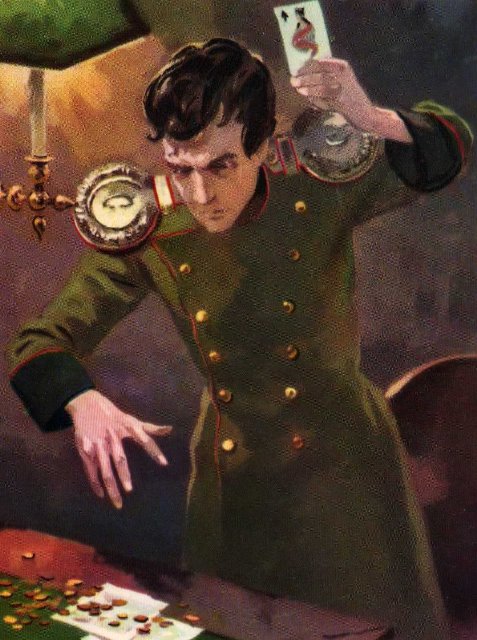
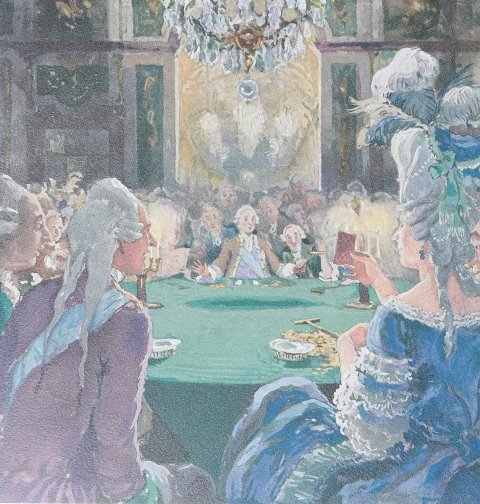
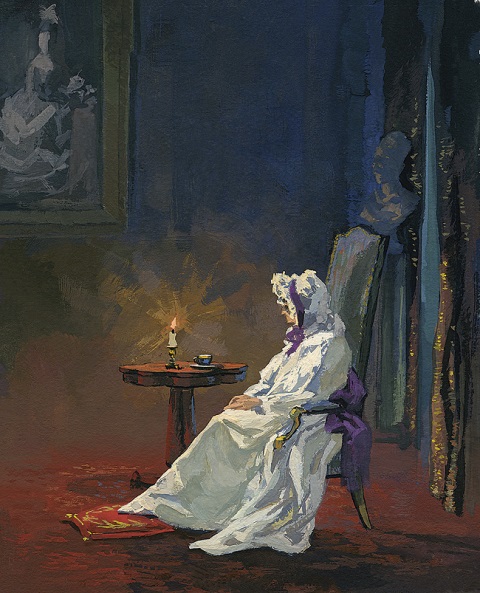
M. P. Mussorgsky “Boris Godunov”
Perhaps Boris Godunov is the third most popular opera based on Pushkin’s plot.The folk drama is perfectly conveyed by Mussorgsky. The characters, the atmosphere, the flavor of the era — everything is on top. Excellent opera performers also contributed to the popularization of the opera. Chaliapin, one of the first performers of the tsar, conveyed the inconsistency of Boris Godunov, Atlantov and Nlpp created a multifaceted image of an impostor. The opera is notable for both lyrical and epic scenes. But the focus is still on the person with his problems and the pursuit of happiness. Therefore, the duet of Marina Mnishek and False Dmitry, as well as Boris Godunov’s monologues showing the spiritual torments of the tsar, are especially popular from the opera.
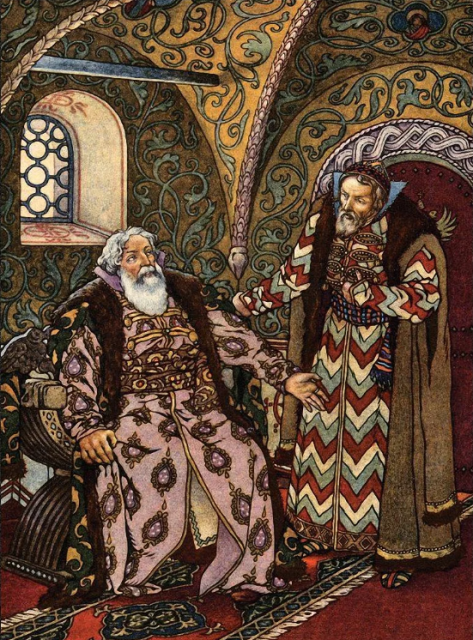
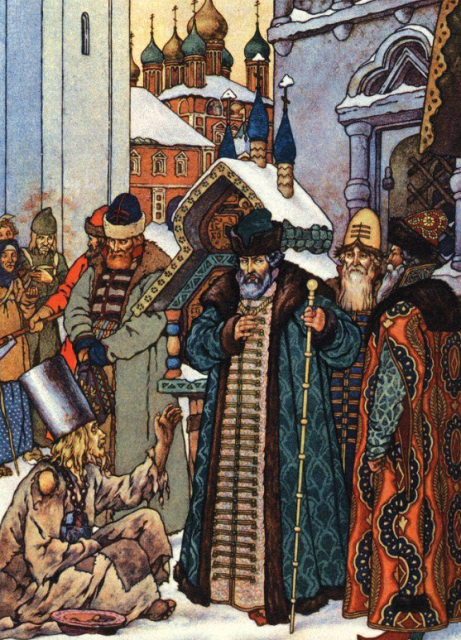
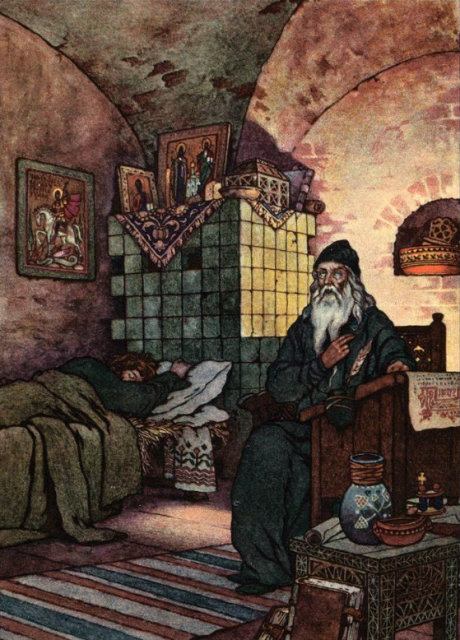
M. I. Glinka. “Ruslan and Lyudmila”
Glinka was keenly interested in Pushkin’s work, and therefore it is not surprising that he wrote an opera based on the poem of the classic. This opera was especially popular in imperial Russia, but even now the work is readily accepted into the repertoire of leading musical theaters.
The composer managed to convey the folklore beginning of Pushkin. Lyudmila’s cavatina, Ruslan’s Aria, Farlaf’s Rondo are, perhaps, some of the most successful musical moments of the work, which conveyed the fabulous spirit of the poem.
S. V. Rachmaninov. “Aleko”
The tragic love story of the Russian guy Aleko and the gypsy girl Zemfira was ideally suited for an opera libretto, where raging passions are familiar and necessary. It is noteworthy that the work was written by Rachmaninoff as a thesis at the conservatory, but this did not place the opera in a worthy place on the musical Olympus. In the concert performance, Aleko’s monologue “The whole camp is sleeping …” is particularly popular, showing the whole gamut of feelings of the hero who is experiencing severe mental pain due to the infidelity of the gypsy Zemfira.
P. I. Tchaikovsky “Mazeppa”
The story of Mazepa’s love for his goddaughter and the events of the Battle of Poltava became the basis of P. I. Tchaikovsky’s opera, which used A. S. Pushkin’s poem “Poltava” as a springboard for interpretation. The composer ennobled the image of the traitor Mazepa, making him a complex and ambiguous figure. The written arias also added romantic sensitivity to the hero. The arioso “Oh, Maria…” is especially popular in concert performance. This part was performed by many great baritones, including Pavel Lisitsian and Dmitry Hvorostovsky.
A. S. Dargomyzhsky “Rusalka”
The love story of a noble prince and a simple miller’s daughter interested Dargomyzhsky and he created an opera based on Pushkin’s plot. Now the work is performed infrequently. Fragments from it sound more often. The Prince’s aria “Everything here brings to my memory the past” is included in the concert repertoire of most tenors. Sobinov, Lemeshev and Kozlovsky loved to perform this piece of music.
N. A. Rimsky-Korsakov “Mozart and Salieri”
The story of the talented composer Salieri’s envy of the brilliant Mozart and the musicality of Pushkin’s verse could not leave Rimsky-Korsakov indifferent, and on the basis of Pushkin’s plot he wrote the opera Mozart and Salieri.In this work, the composer managed to convey Pushkin’s idea of the incompatibility of genius and villainy.
As we can see, most composers took the lyrical basis of Pushkin’s works as a basis, discarding the socio-social layer. But at the same time, the spirit of the “sun of Russian poetry” is present in all musical incarnations, despite operatic schemantism and plot simplifications.
